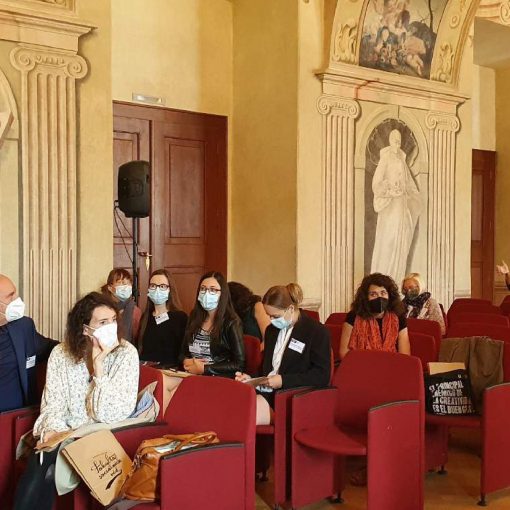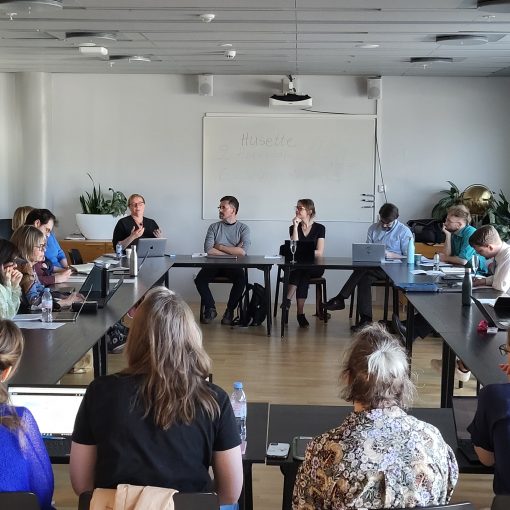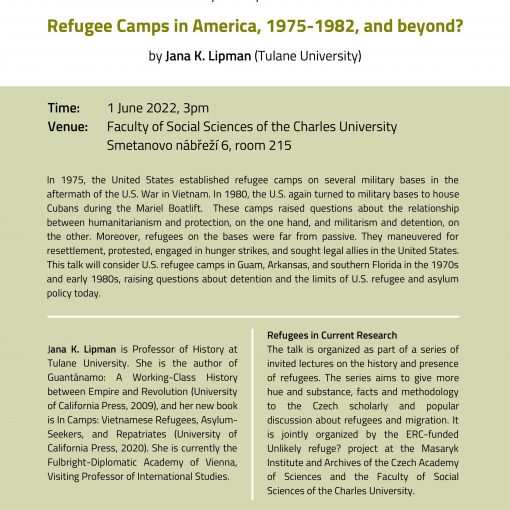The Unlikely refuge? team member Doina Anca Cretu participates in this year’s European Social Science History Conference (ESSHC 2021). She gives her presentation on Thursday 25 March 2021 as part of the panel titled Abandoned, Orphaned & Displaced: Histories of Children’s Destitution and Relief, organized by Friederike Kind-Kovács (Hannah-Arendt-Institute for Totalitarianism Studies, TU Dresden) and chaired by Machteld Venken (University of Luxembourg).
The title of Anca’s presentation is “Managing the Lives of Children: Welfare Policies in Austria-Hungary’s Refugee Camps during the First World War.” Feel free to read more about it:
The First World War led to an unprecedented refugee crisis, primarily caused by invasions, material destruction, famine or general poverty. This was the case in Central and Eastern Europe, with multinational Austria-Hungary becoming an arena of constant forced movement of civilians. Additionally, the leadership of the Empire forcibly evacuated its own nationals (i.e. Ruthenians, Poles, Serbo-Croats, Slovenians, Jews, Italians). In order to contain this mass displacement, the Austro-Hungarian administration organized a network of approximately 30 refugee camps primarily established in Cisleithania. This paper addresses the ways Austro-Hungarian state authorities assisted refugee children, who, along women, represented the majority of inmates in these camps. Generally, this analysis looks at domestic relief practices via state institutions and thus addresses the broad policies implemented on behalf of refugee children of different nationality, religion or class. The paper specifically explores the ways authorities addressed issues of nutrition, sanitation or education of children as a form of control of displaced populations. In highlighting the case of displaced children in Austria-Hungary, the paper emphasizes that as the war went on, refugee camps were not mere haphazard structures, but were rather political tools of mass displacement management and spaces of state-driven social engineering during the Great War.



